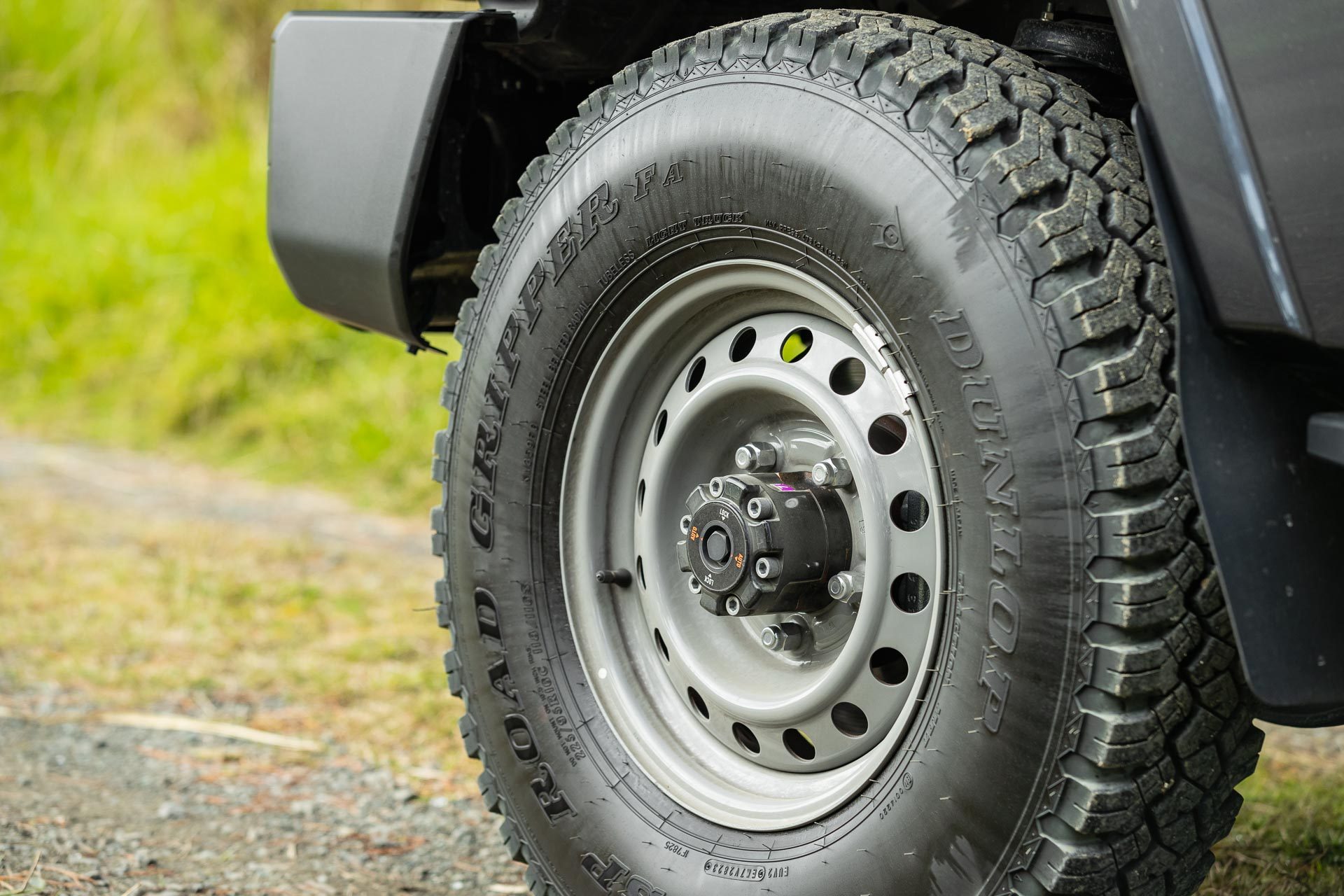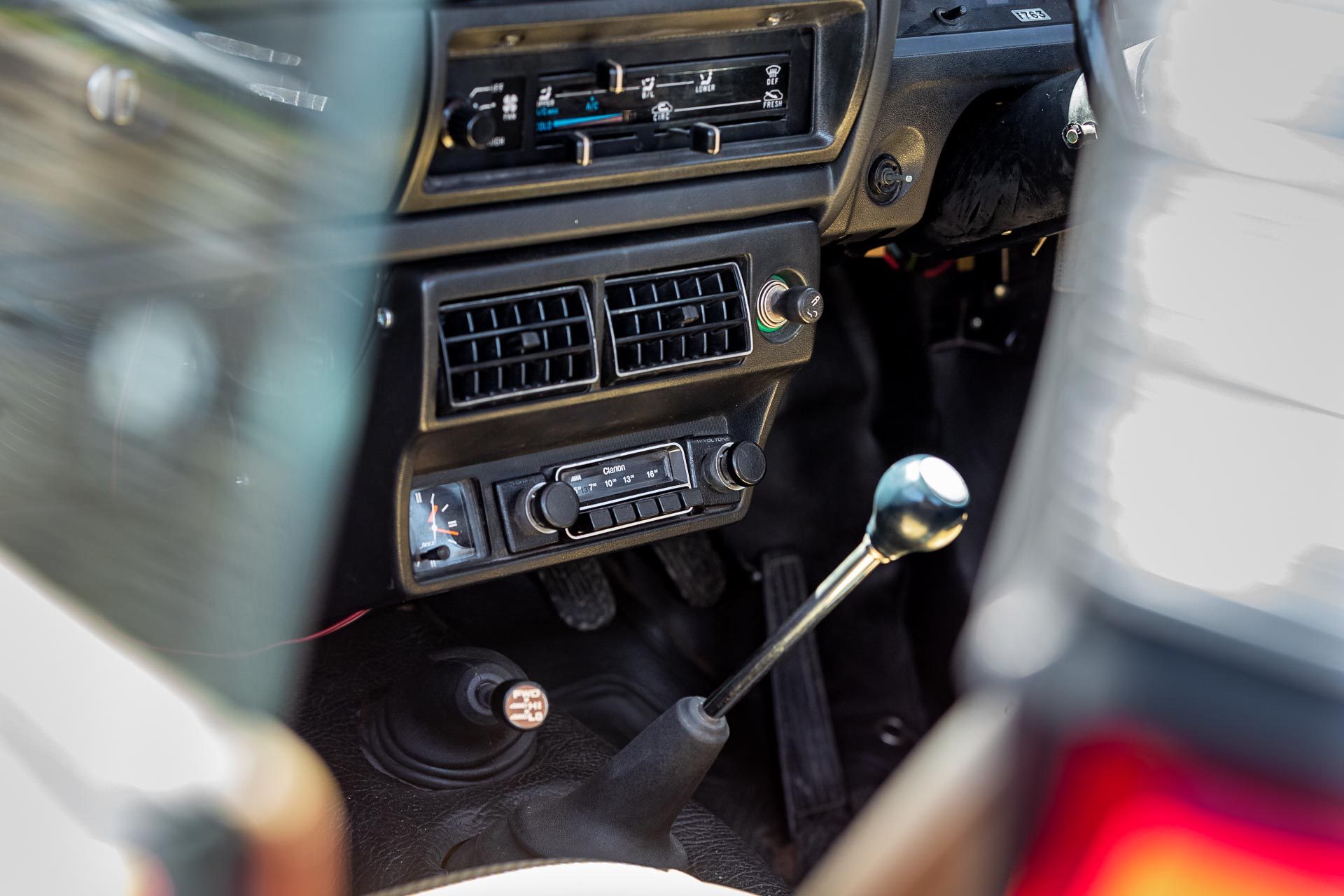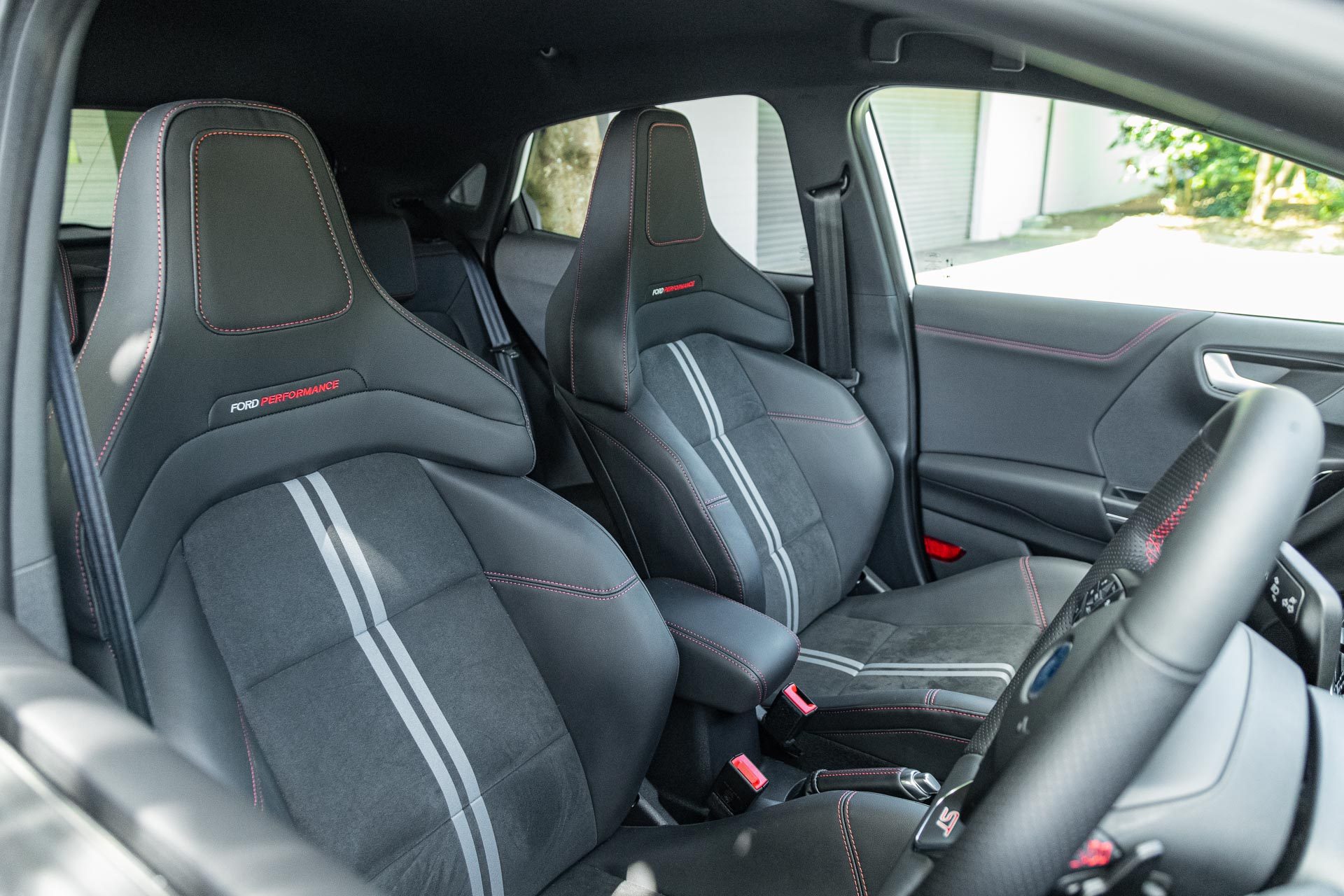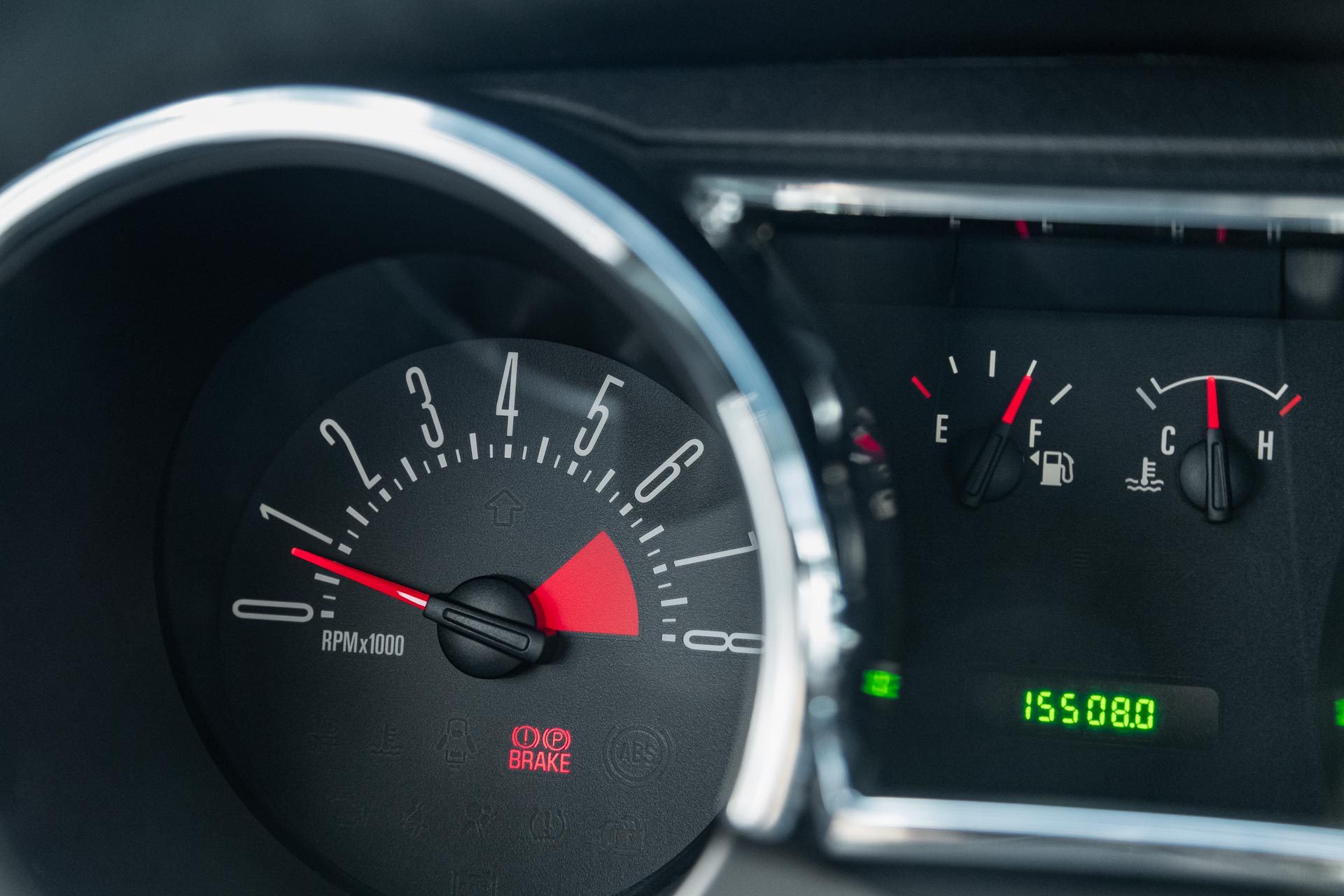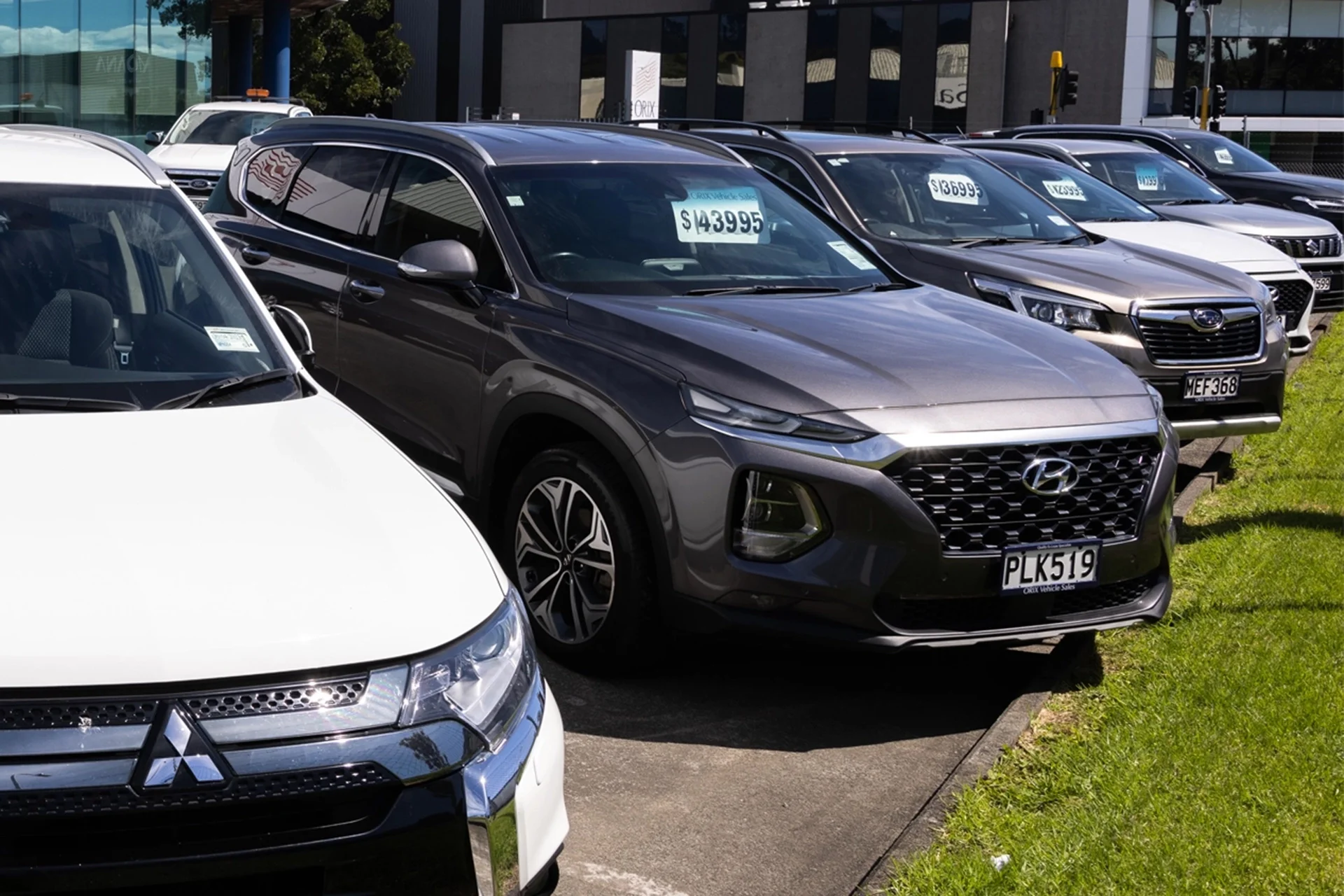Buying guide
What to know when buying a new car
So you have decided it’s time for some new wheels. Here are a few things you need to know before you start looking.

How to perform a visual inspection
Test drive checklist
Credentials checklist
Author
Other articles you might like
